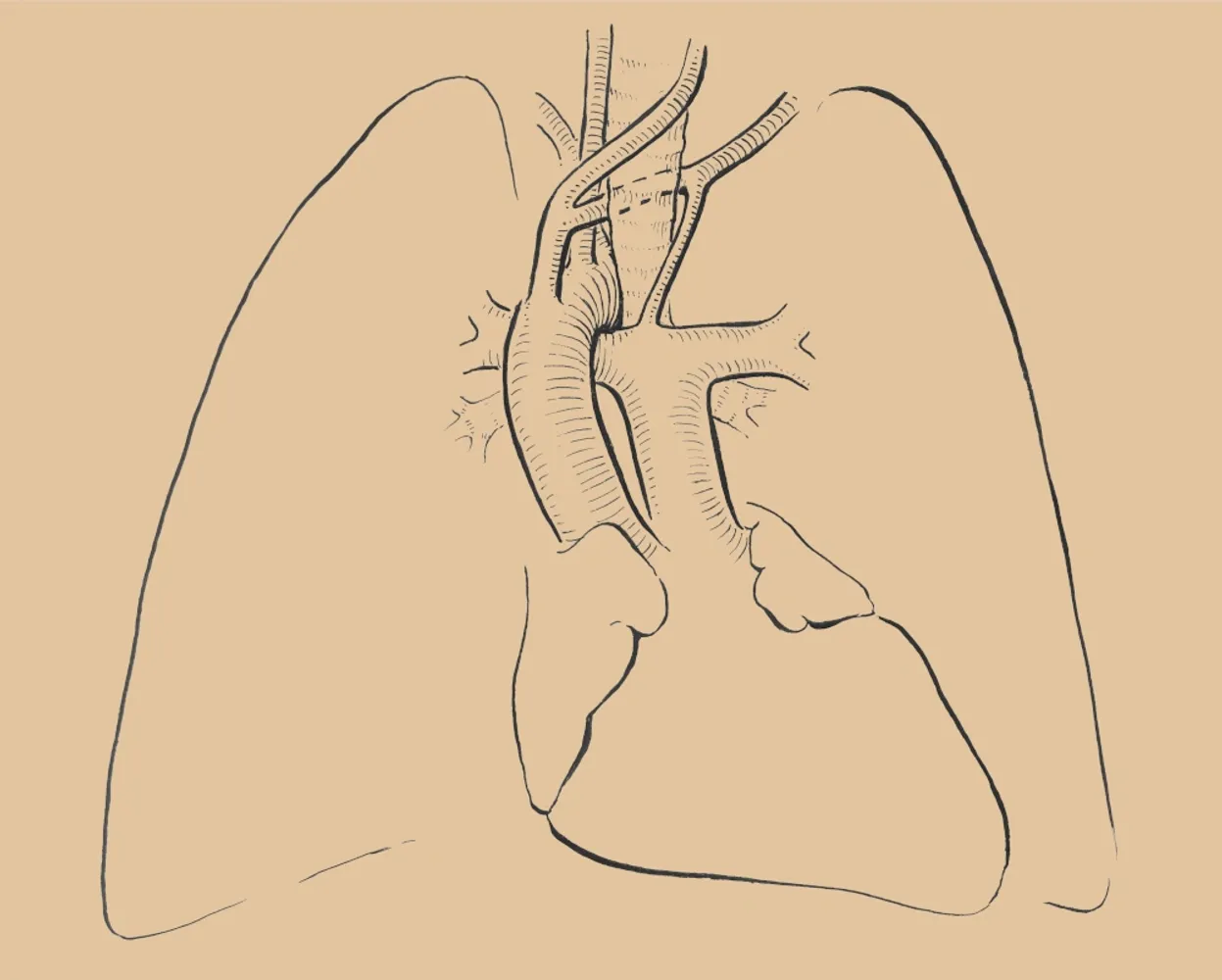Physical Voice Training
The voice is a living instrument that needs training like the rest of the body. Physical voice training is about 'building' the voice so you can sing freely, powerfully, and without becoming hoarse.

The voice as an instrument
When learning to sing, we can’t just buy a voice like a violin or a piano. We need to build our instrument before we can play it and express ourselves musically.
We do that through physical voice training - a kind of vocal fitness.
SOVT exercises
There are many myths about how to train the voice, but one of the most well-documented approaches is SOVT (Semi-Occluded Vocal Tract) exercises.
You sing with a partially closed vocal tract - for example through a straw. This creates gentle back pressure toward the vocal folds. This builds strength and flexibility in the voice while reducing strain.
SOVT is used by both beginners and professionals to keep the voice in shape.
Lip trill
The lip trill is essentially an SOVT sound that strengthens the voice efficiently and gently. When you sing on a lip trill, you also train the exhalation muscles to deliver a stable airflow through the vocal folds.
You can immediately feel whether your airflow is even - it’s impossible to do a lip trill if the pressure is uneven; the trill just stops.
Posture
Because the voice is part of the body, it’s important to work on overall balance and strength. Good posture gives a freer, better resonance because the space in the pharynx opens and enlarges.
That’s why posture and general physical training are also central parts of voice work.
When the voice gets tired
A tired or hoarse voice is the body’s signal that it has been used too much or in an inefficient way. Often the causes are:
- Over-compression of the vocal folds
- Uneven airflow
Listen to your body and take breaks if your voice asks for it!
Conclusion
Physical voice training makes the voice stronger, more flexible, and more resilient. With awareness of breathing, the vocal folds, and the body, any singer can develop a voice that lasts - both in daily life and on stage.


